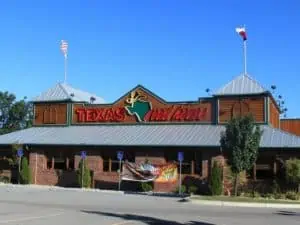Share the post "Texas-Tesla Saga: A Case Study in Innovation vs. Tradition"
If you live in Texas and want to switch to an electric vehicle, you may have heard that doing so is not allowed, especially regarding Teslas. This rumor isn’t entirely true, as owning and operating a Tesla or other electric vehicle in Texas is legal.
What you cannot do is purchase a Tesla in-store in the state of Texas. Tesla’s buying process happens entirely online, which goes against Texas law that prohibits car companies from selling directly to consumers. You can buy the car in a state other than Texas or online, with the option of picking it up or a no-cost delivery to your home in Texas.
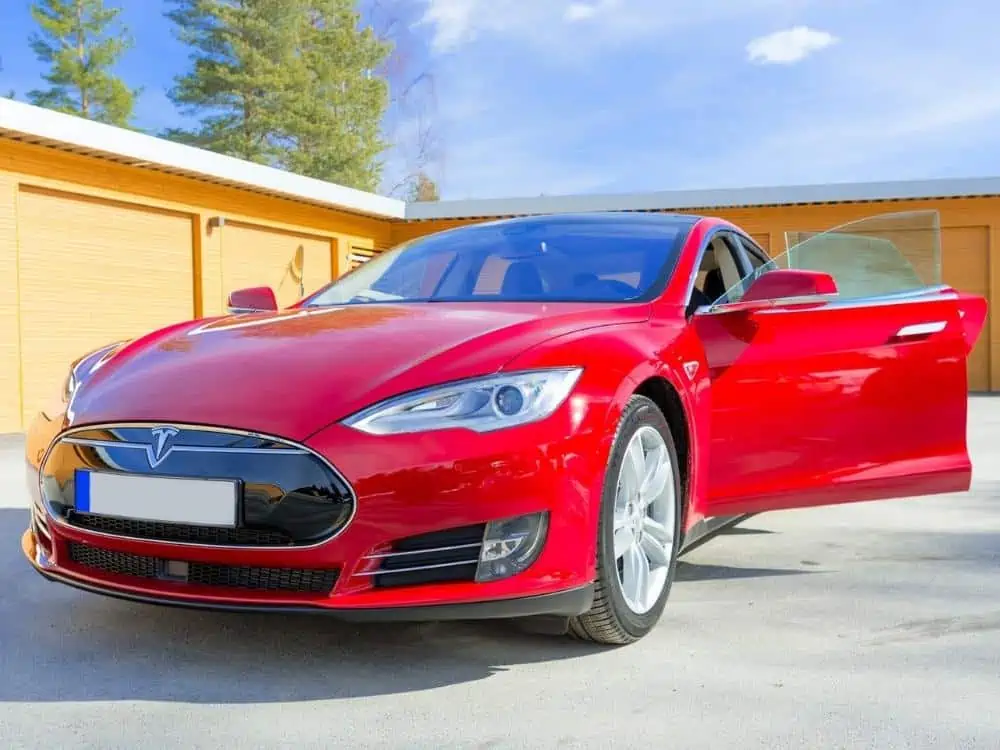
- Why Can’t You Buy a Tesla in Texas?
- Law that Prohibits Manufacturers from Selling Directly to Consumers in Texas
- Potential Benefits and Drawbacks of Allowing Direct Sales of Electric Vehicles in Texas
- Other States and Countries With Direct Sales of Vehicles Laws
- Tesla - Basics
- How Do You Buy a Tesla if You Live in Texas?
- Buying a Tesla in Texas FAQs
Why Can’t You Buy a Tesla in Texas?
If you live in Texas, you can’t purchase a Tesla directly because Texas has a law prohibiting manufacturers from selling directly to consumers. However, you can own and operate a Tesla in the state.
Texas created the law to protect and encourage car dealerships. Texas believes independent dealerships provide economic value to the surrounding community. This is because they employ individuals and allow money to circulate within the area.
The Texas law argues that without a dealership, money does not return to the community as it does with dealerships.
Tesla operates no dealerships and exclusively sells its vehicles directly to the consumer. This policy is why you technically cannot buy a Tesla in Texas in a store; in other words, there are no Tesla stores in Texas.
However, it’s widespread for people to purchase a Tesla online or in another state and then have the vehicle delivered to their home in Texas.
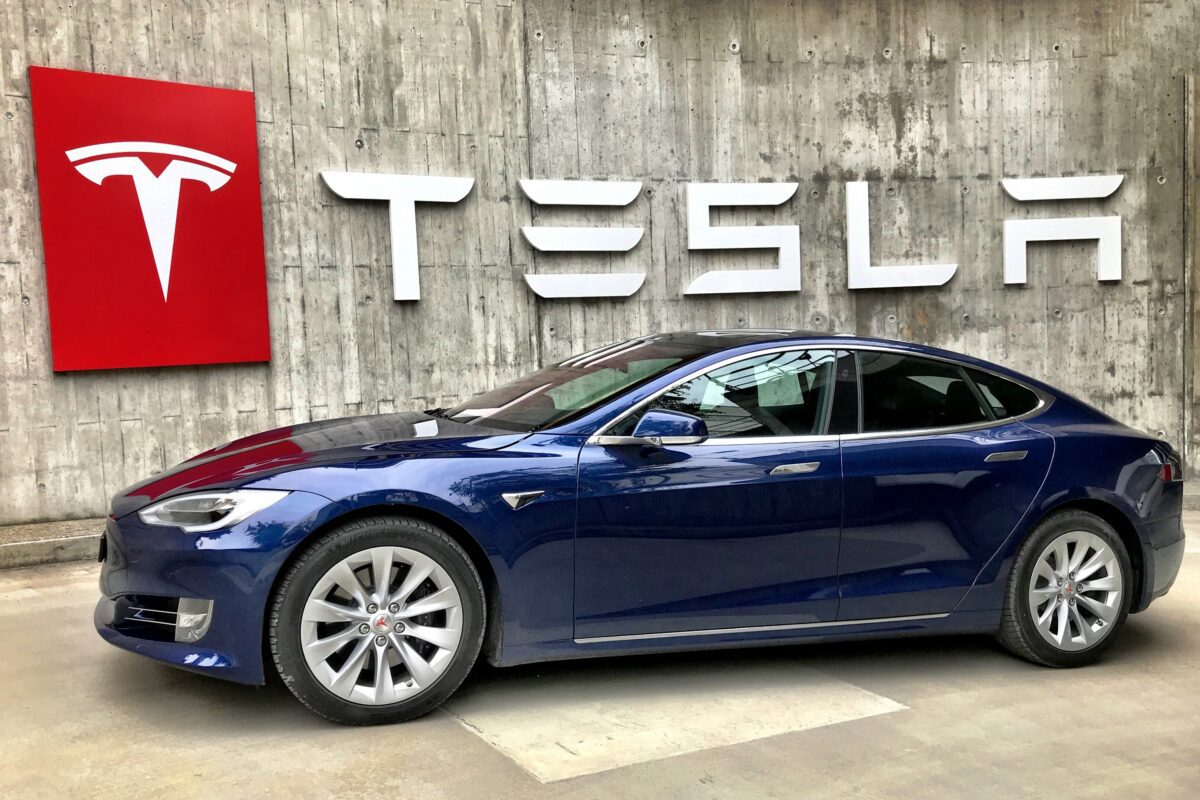
Law that Prohibits Manufacturers from Selling Directly to Consumers in Texas
The traditional automotive sales model in the United States. This law is part of a broader category of “franchise laws,” which govern the sale of automobiles in many states.
Origin and Purpose:
- Early Automotive Industry: The prohibition on direct sales originated in the early 20th century. At that time, automotive manufacturers were establishing their presence across the nation. They relied on independent dealers to sell their vehicles because it was more efficient than setting up their sales networks.
- Franchise Laws Established: States began implementing franchise laws as the automotive industry grew. These laws were designed to protect local dealerships from unfair competition and predatory practices by large manufacturers. Dealerships, typically small, locally-owned businesses, argued they needed protection against potential abuses by the much larger manufacturers.
- Evolution of the Market: Over time, the automotive market evolved, but many of these laws remained in place. They continued to enforce a separation between vehicle manufacturers and retailers, requiring manufacturers to sell through licensed, independent dealers.
Tesla’s Challenge:
- Tesla’s Business Model: Tesla, Inc., under Elon Musk’s leadership, sought to revolutionize not only car technology with electric vehicles but also the car buying experience. Tesla’s model bypassed traditional dealership networks, opting for direct sales to consumers, primarily online or through Tesla-owned showrooms.
- Legal Battles: Tesla faced legal challenges in several states, including Texas, due to existing franchise laws. The company argued that these laws were outdated and stifled innovation and competition. Tesla’s approach clashed with laws designed to support the dealership model of car sales.
- Texas-Specific Issues: In Texas, these franchise laws are particularly stringent. The Texas Occupations Code, which covers motor vehicle sales, explicitly requires manufacturers to sell through franchised dealers. This has made it difficult for Tesla to sell its vehicles directly to consumers in Texas.
Current Status and Impact:
- Lobbying and Advocacy: Tesla has lobbied to change these laws in Texas and other states. The company argues that the electric vehicle market differs from the traditional automotive market and should be allowed to operate under different rules.
- Consumer Experience: Tesla’s challenge to these laws has sparked broader discussions about consumer choice and the modernization of car buying. Some argue that the direct-to-consumer model offers more transparency and potentially better prices.
- Legislative Responses: As of my last update in April 2023, Texas still had laws restricting direct sales by manufacturers like Tesla. However, the debate continues, with some legislators and consumer advocates pushing for changes to accommodate new business models in the automotive industry.
In summary, the prohibition against direct sales by manufacturers like Tesla in Texas is a legacy of early automotive industry practices designed to protect local dealerships. Tesla’s emergence challenged these laws, sparking ongoing debates about the future of car sales and consumer choice in the automotive industry.
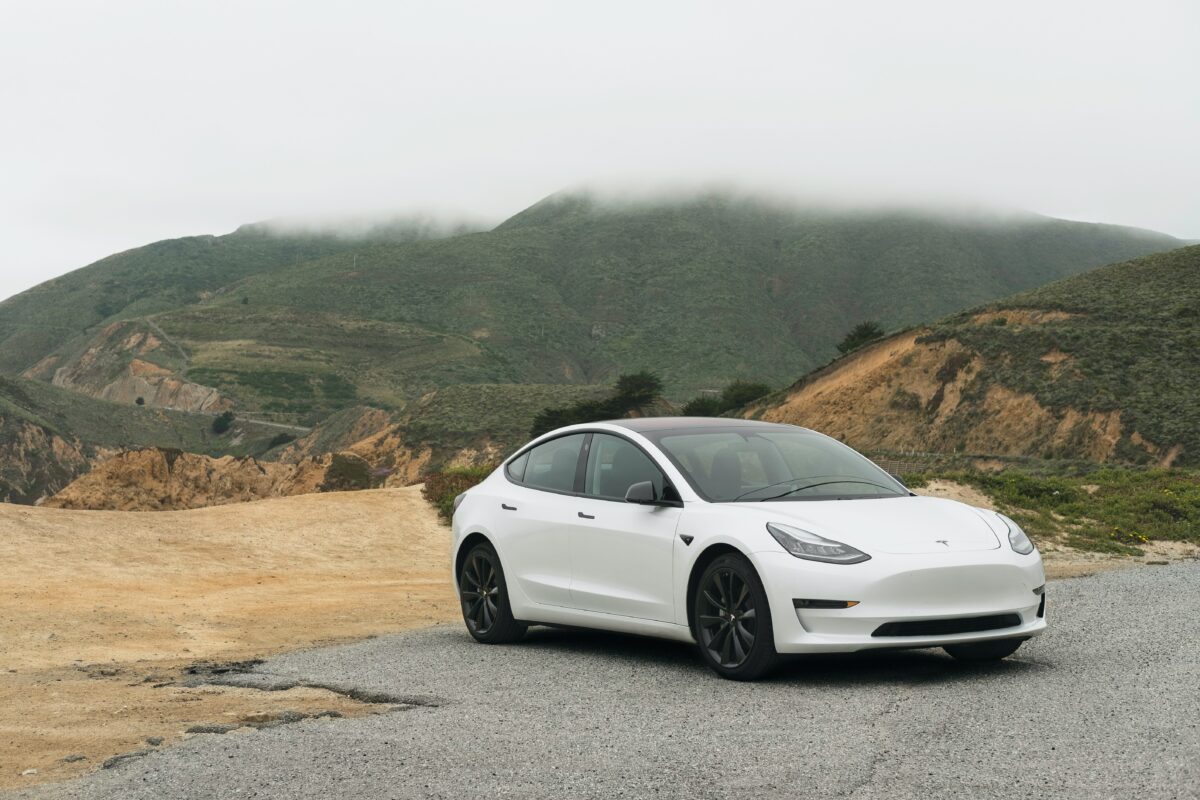
Potential Benefits and Drawbacks of Allowing Direct Sales of Electric Vehicles in Texas
Allowing direct sales of electric vehicles (EVs) in Texas, particularly in the context of manufacturers like Tesla, involves several potential benefits and drawbacks. This change would represent a significant shift in the traditional automotive sales model.
Potential Benefits
- Increased Consumer Choice: Direct sales would offer consumers more options in how and where they purchase their vehicles. This could lead to a more customized buying experience and potentially more competitive pricing.
- Promotion of EV Adoption: Allowing direct sales could accelerate the adoption of electric vehicles. Easier access to purchase EVs directly from manufacturers like Tesla could stimulate consumer interest and broaden market reach.
- Innovation and Competition: Direct sales could spur innovation within the automotive industry. By breaking the traditional dealership model, other manufacturers might be encouraged to innovate in technology and sales strategies.
- Streamlined Sales Process: Purchasing directly from the manufacturer could simplify the buying process, reducing the hassle of negotiation and potentially increasing transparency in pricing.
- Economic Growth: Direct sales might lead to new investments in Texas, such as establishing more showrooms or service centers, potentially creating jobs and contributing to economic growth.
Potential Drawbacks
- Impact on Dealerships: Direct sales could negatively impact traditional dealerships. Often locally owned, these businesses might struggle to compete with manufacturers selling directly, leading to economic and job losses in this sector.
- Regulatory Challenges: Changing the existing law would require navigating complex regulatory landscapes and potential pushback from various stakeholders, including dealership associations.
- Consumer Protection Concerns: Dealerships argue that the current system provides important consumer protections, including local accountability and post-sale services. Direct sales could potentially disrupt these consumer safeguards.
- Market Disruption: A sudden shift to direct sales could disrupt the existing automotive market, affecting not just dealerships but also the secondary markets, including used cars and automotive parts.
- Service and Maintenance: While manufacturers like Tesla offer service centers, the current dealership model offers consumers widespread and locally available service options. Transitioning to direct sales could affect the availability and convenience of vehicle servicing.
Allowing direct sales of electric vehicles in Texas could significantly alter the automotive market landscape. While it promises increased consumer choice, innovation, and potentially faster EV adoption, it also challenges the existing dealership model and raises concerns about market disruption and consumer protection. Balancing these factors would be crucial in changing the current laws.
Other States and Countries With Direct Sales of Vehicles Laws
The regulation of direct vehicle sales varies significantly between Texas, other states in the U.S., and different countries. This variation reflects diverse legislative approaches to the automotive industry, consumer protection, and market competition. Here’s a comparison:
Texas
The law requires that new cars be sold through franchised dealerships in Texas. This means manufacturers like Tesla cannot sell directly to consumers within the state. The rationale behind this law includes protecting consumers and maintaining competitive practices among dealerships. However, critics argue that this model is outdated and restricts market innovation.
Other U.S. States
- States Allowing Direct Sales: Some states, like California, allow direct sales of vehicles by manufacturers. Tesla, for example, has a significant presence in these states with company-owned stores and service centers. These states argue that direct sales encourage competition and innovation.
- States with Restrictions: Other states have various restrictions similar to Texas. For example, Michigan allows Tesla to operate galleries where cars can be viewed but not purchased. The customer must complete the transaction online or out of state.
Countries Outside the U.S.
- European Union (EU): Many EU countries have more liberal laws regarding direct sales. These laws often emphasize market competition and consumer choice, allowing manufacturers to sell directly.
- China: China, a significant market for electric vehicles, allows direct sales by manufacturers. This has been part of the country’s strategy to encourage EV adoption and support local EV manufacturers.
- Australia: Australia also allows direct sales, though most sales still occur through dealerships. The market is moving towards a hybrid model where direct and dealership sales are common.
Key Differences
- Consumer Protection vs. Market Freedom: Texas and similar states emphasize consumer protection and the economic interests of local dealerships. In contrast, states and countries allowing direct sales focus more on market freedom and innovation.
- Adaptation to EV Market: States and countries supportive of direct sales tend to focus more strongly on adopting electric vehicles. They view direct sales as a means to stimulate the EV market.
- Economic and Employment Concerns: Texas and similar states argue that the dealership model supports local economies and provides jobs, whereas proponents of direct sales argue that this model stifles competition and technological advancement.
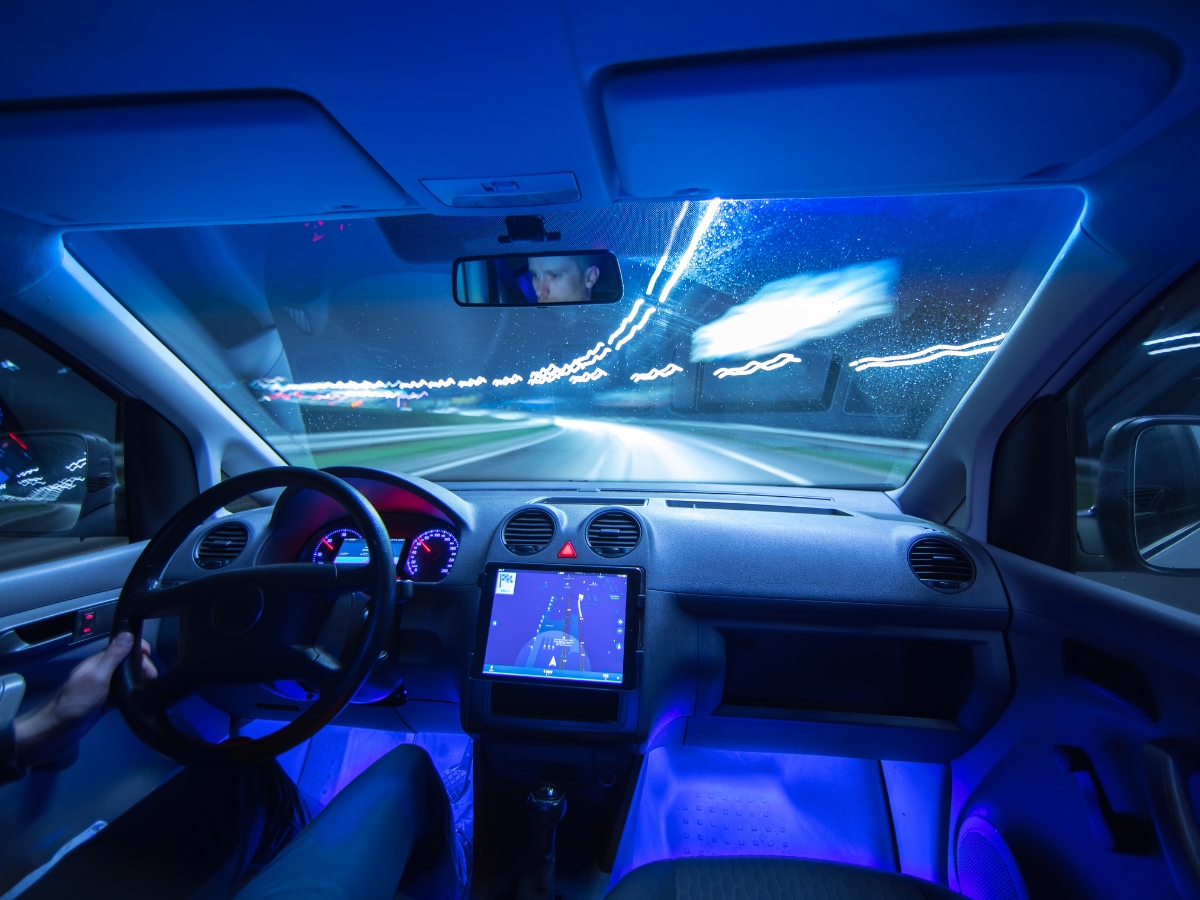
Tesla – Basics
Tesla is the car manufacturer’s name and the short-hand moniker for this company’s cars. Tesla specializes in and exclusively makes electric vehicles.
Electric cars utilize batteries you can charge, rather than traditional cars using gas and a combustion engine.
Are There Tesla Dealerships?
Tesla does not work with independent dealerships. This policy isn’t exclusive to Texas, as the company does not partner with dealerships in any state.
The typical car-buying process includes using a dealership to help make your decision and purchase the car through that dealership. With Tesla, the entire buying process happens online or at their stores.
Apart from these stores, which Texas does not allow, Tesla has showrooms that allow you to experience and decide by viewing its models in person. There are several Tesla showrooms located in Texas.
Are There Tesla Factories in Texas?
Those familiar with Tesla may have heard that the company has recently strengthened its ties to Texas. The company moved its headquarters from California to Austin, Texas, in 2021. Tesla opened its first Texas factory in Austin, Texas, in 2022.
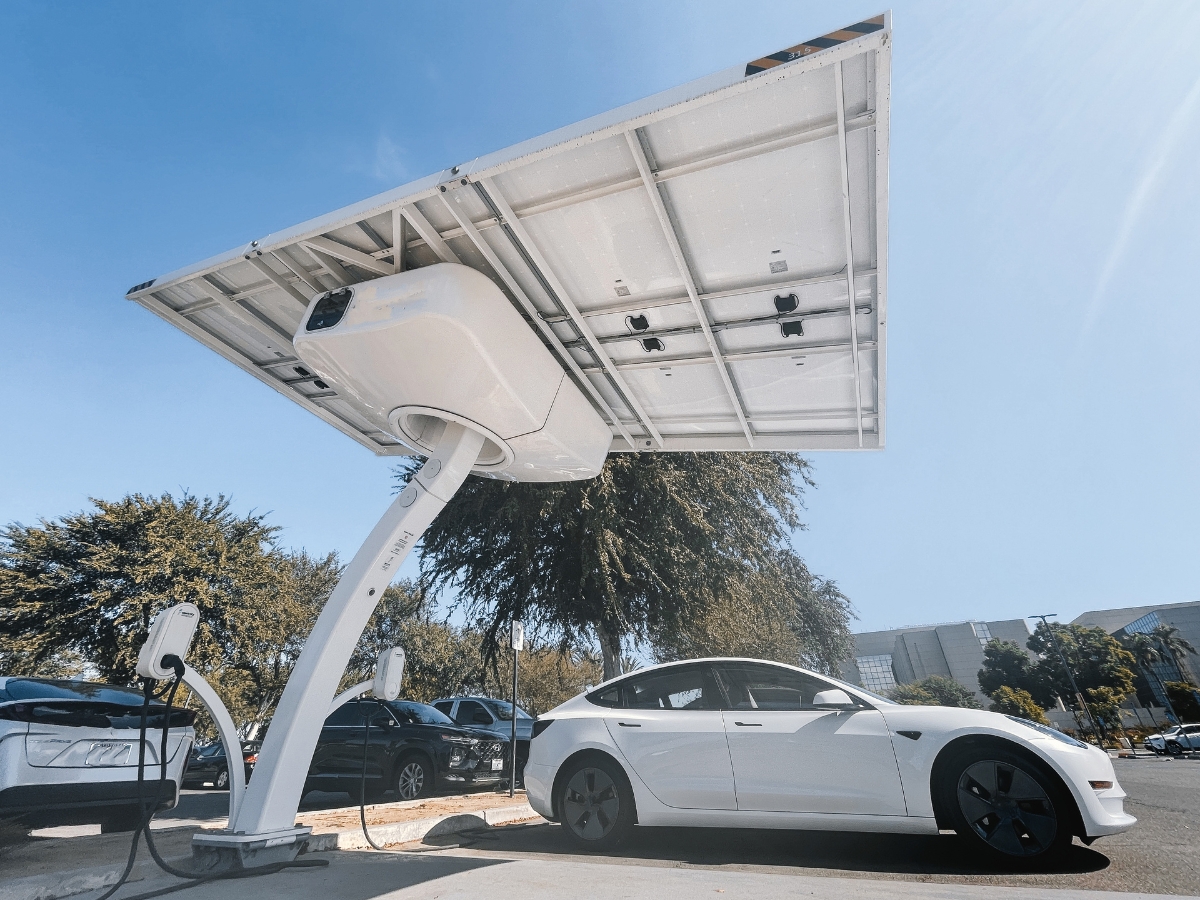
How Do You Buy a Tesla if You Live in Texas?
So, how can you purchase a Tesla while residing in Texas? Here are the basic steps to getting a Tesla online in Texas.
Purchasing a Tesla in Texas involves a unique process due to state regulations prohibiting direct sales. Here’s a detailed guide on how to buy a Tesla in Texas, including helpful links and contact details:
Steps to Buy a Tesla in Texas
- Online Ordering:
- Begin by visiting Tesla’s official website. Here, you can customize and order your vehicle, choosing the model, battery range, color, wheels, interior options, and autopilot features.
- Direct link to Tesla’s Custom Order page.
- Financing and Payment:
- Apply for financing through Tesla or arrange your own with a bank or credit union.
- Complete the payment online via electronic transfer or other methods offered by Tesla.
- Vehicle Registration:
- Since Tesla cannot deliver directly in Texas, the car is initially registered out of state, typically in California.
- Register your Tesla in Texas by paying the sales tax and registration fees at your local Texas Department of Motor Vehicles (DMV) office.
- Delivery Options:
- Out-of-State Pickup: Collect your Tesla from a delivery center in a neighboring state. Find the nearest delivery center through Tesla’s website.
- Direct Shipment to Texas: Opt to have the vehicle shipped directly to you. Tesla can facilitate this, though it may involve additional shipping costs.
- Service and Maintenance:
- For servicing, locate the nearest Texas Tesla service center via Tesla’s service center locator.
- Schedule service appointments through the Tesla app.
- Tesla Superchargers and Support:
- Utilize the network of Tesla Superchargers across Texas.
- For customer support, use the Tesla app or visit the Tesla support page.
Additional Information
- Sales Tax and Registration Fees: Contact your local Texas DMV office for specific information on taxes and fees.
- Insurance: Ensure you have proper insurance coverage, which can be arranged through various providers.
- Home Charging Setup: Consider installing a Tesla home charging station for convenience.
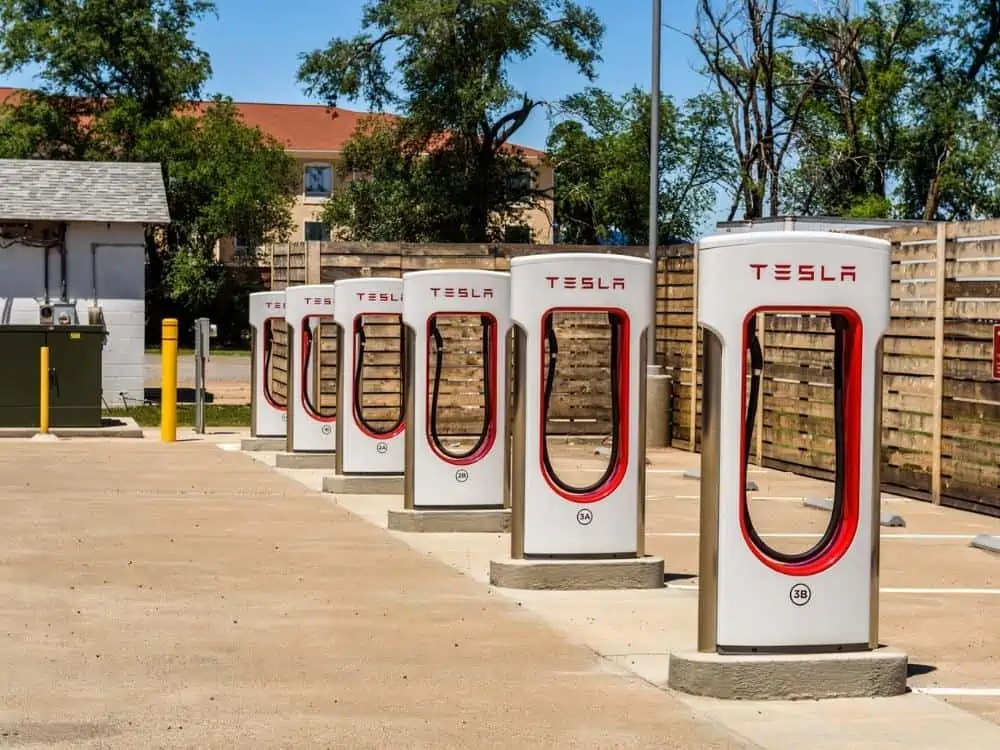
Buying a Tesla in Texas FAQs
Here are the most common questions about buying and owning a Tesla model in Texas and other US states.
What states in the US can you buy a Tesla?
There are currently 16 states that have laws preventing Tesla’s direct sales. These states are Alabama, Arkansas, Connecticut, Iowa, Kansas, Kentucky, Louisiana, Michigan, Montana, Nebraska, New Mexico, North Dakota, Oklahoma, South Carolina, South Dakota, and Texas. In all other US states, you can buy a Tesla comfortably at a Tesla store or online.
How much is tax on a Tesla in Texas?
When you purchase a vehicle in Texas, you must pay 6.25% of the sales value in taxes. The same percentage applies if you have bought the car in another state and are bringing it into the state. So, this is the tax value you will need to pay when purchasing a Tesla in Texas.
Should I pay taxes twice if I buy a car out of state?
No. You pay taxes in the state where you have registered the vehicle. If you buy your Tesla (or any other vehicle) out of state, you can still register it in Texas by providing your Texas address at the moment of the purchase. This way, you will pay taxes in the state where you live.
Do Texas’ electric car incentives apply to Teslas?
Many states have created incentives for consumers to make the switch to environmentally friendly electric vehicles. These incentives typically come as rebates, but Teslas do not qualify for these rebates.
Although Tesla is one of the most well-known companies, it is not the only car manufacturer making electric vehicles. Many popular car brands have successfully made their way into the electric vehicle market and are eligible for this rebate.
The Texas rebate incentive provides up to $5000 towards buying a new electric vehicle.
References:
- High Plains Public Radio
- Texas Emissions Reduction Plan
- Office of Energy Efficiency & Renewable Energy
- Tesla Registration Terms and Instructions
- Motor Vehicle Sales and Use Tax
Share the post "Texas-Tesla Saga: A Case Study in Innovation vs. Tradition"
Christian Linden is a seasoned writer and contributor at Texas View, specializing in topics that resonate with the Texan community. With over a decade of experience in journalism, Christian brings a wealth of knowledge in local politics, culture, and lifestyle. He holds a Bachelor's degree in Communications from the University of Texas. When he's not writing, Christian enjoys spending weekends traveling across Texas with his family, exploring everything from bustling cities to serene landscapes.




